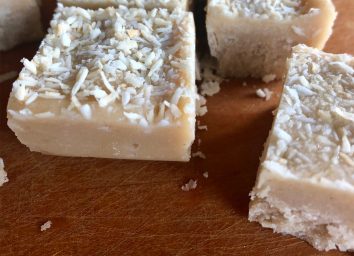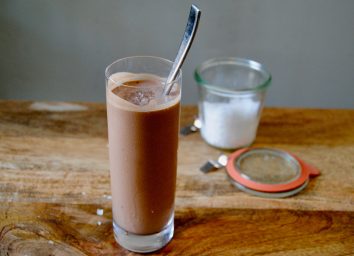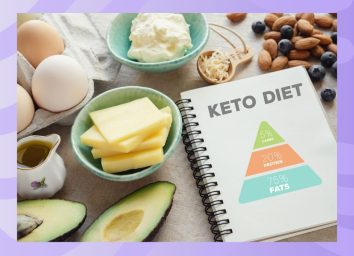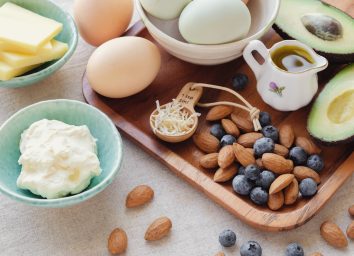What Is Tahini? The Secret Health Benefits and How To Use It In Food
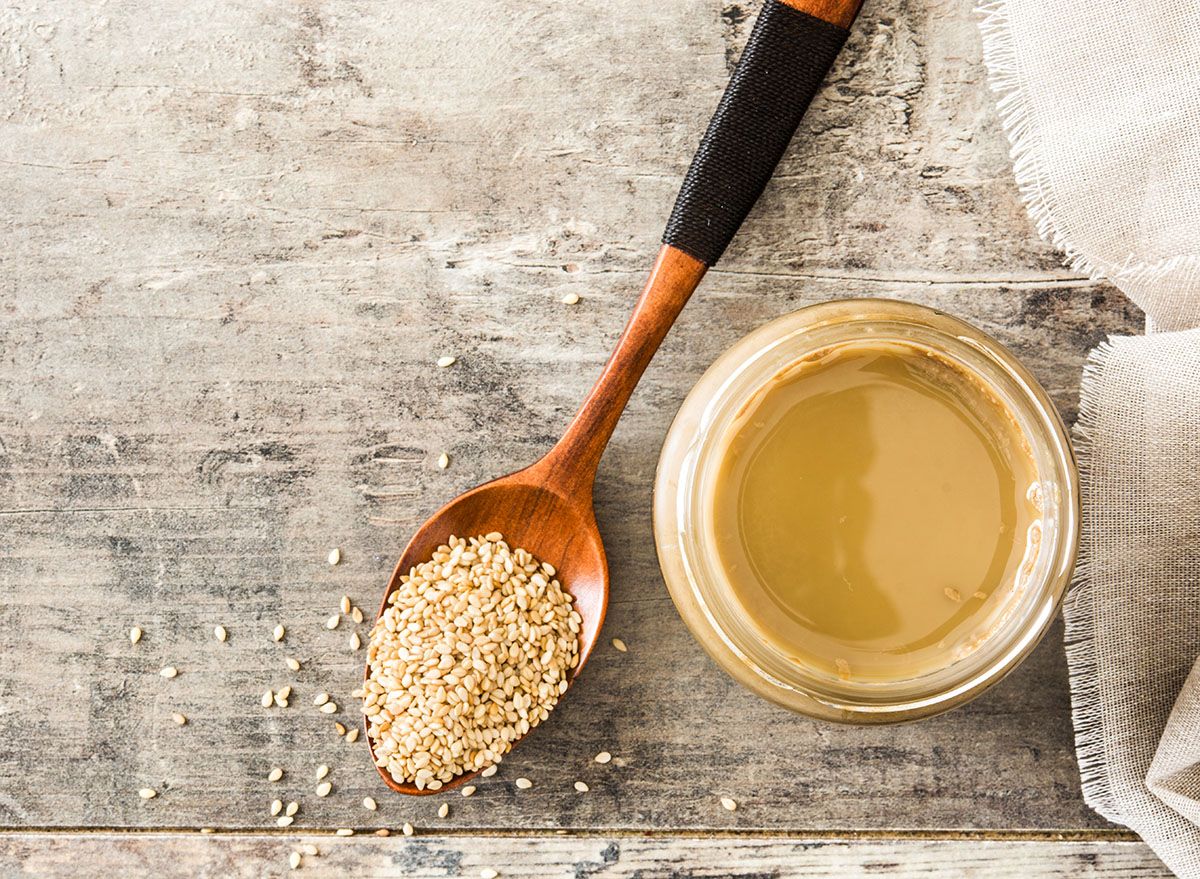
Remember the first time you ate hummus, or better yet, freshly-made hummus? A dollop of olive oil in the middle, a squeeze of lemon, and a dusting of paprika cascading across the bowl of chickpea goodness. More simply, your memory may be picking it up at the store and asking what crackers go well with which flavor. Romantic recollection or not, your hummus wouldn't score such high marks, if it weren't for one ingredient: tahini.
What is tahini?
A lot more than a filler in your hummus, tahini is a protein-rich paste made from ground, roasted sesame seeds. A staple in Middle Eastern and Mediterranean cuisine, it's one of the oldest foods on earth.
Best known for being a star ingredient in hummus and baba ghanoush, it's also used in desserts like halva, a Middle Eastern delicacy made by mixing tahini with sugar at a high temperature.
Chances are you've tried tahini in your Sweetgreen salad bowl or drizzled over your late-night street meat. While you know its tasty, nutty flavor makes that dish pop, you may be wondering: Is it good for you? And how exactly do you use it?
Health benefits of tahini
Tahini is popular in both the keto and paleo diets, so rest assured, eating it by the spoonful is actually good for you (just don't eat the whole jar at once). It's loaded with mono and polyunsaturated fats, vitamins, and minerals. Just one tablespoon has over 10 percent of your daily value for vitamin B1, vitamin B6, magnesium, copper, zinc, phosphorous, and manganese, according to the USDA. If you're curious what that all means, phosphorous, manganese, and copper are crucial to bone health. Manganese can also improve metabolism and fight free radicals (that's a win for the brain and the skin), and copper is important for blood health, boosted energy levels, curbing inflammation, and iron absorption. Thiamine (B1) plays a pivotal role in metabolism, liver functioning, energy levels, and overall skin, hair, and nail health. Pyridoxine (B6) is a potent antioxidant that can lessen depression, boost brain health, benefit heart health, and has anti-cancer effects.
If that weren't enough, its substantial plant lignan content makes it loaded with antioxidants. Made up of 20 percent protein, vegans and vegetarians alike can use it to meet their daily needs, plus it's high in calcium. Heart bonus: tahini's mostly made up of good fats called sesamin and sesamolin, which may help prevent cardiovascular diseases. In addition to improving blood health, tahini could help lower cholesterol.
Sesame seeds contain more phytosterols than any other seed or nut. According to the clinical nutritionist Dr. Josh Axe, they "can be used to treat arteriosclerosis, a disease characterized by fatty buildup within the arteries," thus regulating the body's cholesterol and potentially replacing some of it (due to their similar structures).
And if you're still not convinced: Sesame seeds can help your skin! In addition to vitamin B, tahini contains vitamin E, trace minerals, and fatty acids that can increase skin cell rejuvenation and inhibit signs of aging.
Why eat tahini and not just sesame seeds?
According to registered dietitian Megan Ware, RDN, LD, consuming sesame seeds in the tahini paste is best because "it is difficult for the body to absorb them due to their hard outer hull. Consuming seeds in paste form allows the body to absorb the nutrients they provide more efficiently."
How do you cook with tahini?
Due to the high oil content, tahini separates easily, so remember to keep a spoon handy for stirring and get that forearm workout in. Because your arms will be burning, you can skip the free weights and try your hand at homemade hummus.
Tahini is a simple, no-fuss addition to your cooking routine—try mixing it in your salad dressing, drizzling it over roasted veggies or grilled meats, adding it to soups and noodles, and give it a whirl with your sweet treats. You can also use tahini to replace peanut butter, especially if you're concerned about allergies, additives, or any other health concerns. It's easy to use, more than easy to find, and doesn't need to be refrigerated until it's opened.
A word of caution: While tahini is a great nut butter alternative, just be aware when serving friends. Though tahini is a safe alternative for folks with nut allergies, as many as 1.6 million Americans may be allergic to sesame seeds.
Bottom line: Should you use tahini?
The short answer: Yes! It's extremely versatile, whether you're making a tahini sauce, a crowd-pleasing dip, keto-approved meals, or baking your first halva. From elevating your dinner party recipes to giving your salad that kick it's missing to baking gluten-free, delicious desserts, tahini is the superfood you didn't know you were missing.
Get our recipe for Easy Homemade Tahini.
